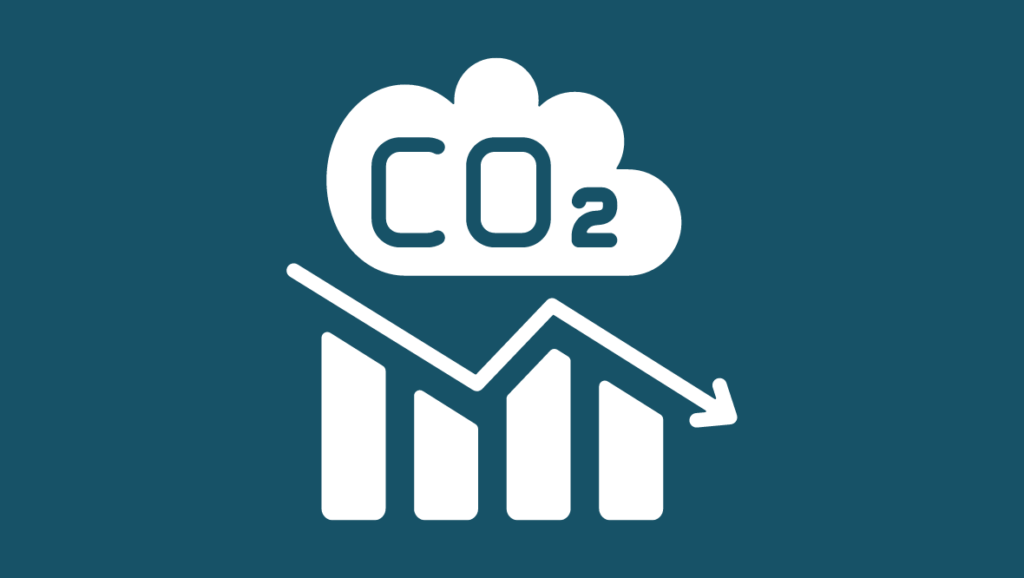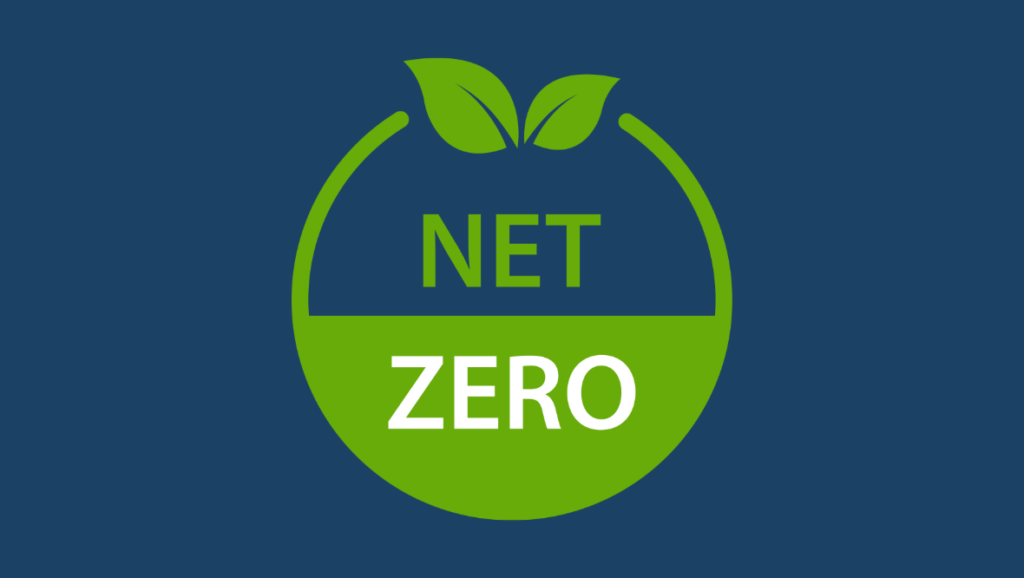Green Growth: Understanding Sustainability for Companies

Discover the fundamentals of sustainability in business. Explore its significance, strategies, and the path toward green growth for companies.
According to an ESW report titled Sustainable Global Growth and Shopper Expectations 83% of all shoppers ‘consider sustainability when purchasing. Additionally, according to the same report, 63% of shoppers reported ‘having significantly changed shopping behaviour to lessen their environmental impact’.
A global shift towards sustainability is currently happening, driven by climate concerns, consumer demands, and evolving regulations. In this transitioning business landscape, embracing sustainability isn’t just the responsible course for companies but it’s also the smart one with reduced costs, enhanced reputation, and access to capital being just some of the many benefits waiting to be accessed.
In this article we demystify sustainability for companies, dissecting its essence, showcasing its business imperatives, and offering practical insights into its implementation. As we delve into environmental responsibility, social consciousness, and ethical governance, we unlock the secrets of sustainable success.
Sustainability in The Business Context
In a business context, sustainability refers to the practice of conducting operations in a manner that meets the needs of the present without compromising the ability of future generations to meet their own needs.
It involves the responsible management of economic, social, and environmental impacts, often referred to as the “triple bottom line.” The triple bottom line is a business principle advocating that companies go beyond measuring just financial performance and also assess their social and environmental impact. Instead of solely emphasizing profit, this approach encourages a comprehensive evaluation of a firm’s broader contributions to society and the environment.

Key Elements of Corporate Sustainability
- Economic Sustainability: This dimension focuses on ensuring that a business’s activities contribute to long-term financial viability and economic growth. It involves making decisions that are profitable not only in the short term but also sustainable over the business’s lifecycle.
- Social Sustainability: Businesses need to consider their impacts on society, including aspects like fair labor practices, community engagement, and social responsibility. Prioritizing social sustainability involves fostering positive relationships with employees, customers, communities, and other stakeholders.
- Environmental Sustainability: This dimension addresses a business’s impact on the environment. Companies committed to environmental sustainability strive to minimize resource depletion, reduce pollution, and adopt eco-friendly practices to preserve natural ecosystems for future generations.
Integrating these three dimensions, businesses can aim to pursue a holistic approach to sustainability, recognizing that economic success, social responsibility, and environmental stewardship are interconnected and mutually reinforcing.

Why Sustainability Matters for Companies
There is a range of reasons why sustainability should matter to your business including:
- Future-Proofing your Business: The world is shifting towards sustainability. Consumers, investors, and governments are increasingly prioritizing responsible practices. Embracing sustainability now protects your business from future regulations, reputational risks, and lost opportunities, ensuring long-term viability.
- Cost-Saving Efficiency: Reducing resource use, waste, and emissions translates to operational cost savings on energy, materials, and waste disposal. It’s the more cost-effective and therefore profitable way to run a business.
- Enhanced Reputation and Brand Loyalty: Today, consumers are actively seeking eco-friendly products and services. By showcasing your commitment to sustainability, you attract conscious consumers and build brand loyalty, leading to increased sales and market share.
- Attract and Retain Top Talent: Talented individuals increasingly want to work for companies that align with their values. A strong sustainability record positions your business as an attractive employer, making it easier to attract and retain top talent.
- Innovation and Competitive Advantage: Sustainability drives innovation in products, services, and processes. Companies that embrace sustainable practices often find new ways to differentiate themselves, gain a competitive edge, and unlock new market opportunities.
- Supply Chain Resilience: Sustainable practices often enhance supply chain transparency and accountability, mitigating risks associated with unethical sourcing and environmental damage. This can lead to more resilient and reliable supply chains, protecting your business from disruptions and ensuring long-term stability.
- Positive Social Impact: Beyond internal benefits, sustainable businesses contribute to a healthier society and environment. This resonates with customers, employees, and communities, fostering positive societal impact and strengthening your brand’s reputation as a responsible corporate citizen.

Key Components of Sustainable Business Practices
Sustainable business practices are founded on a comprehensive approach that integrates environmental, social, and economic considerations. The key components crucial for incorporating sustainability in business are:
- Environmental Stewardship: Embrace eco-friendly practices, such as adopting renewable energy sources, implementing energy-efficient technologies, reducing water consumption, and ensuring responsible waste management. Sustainable sourcing strategies, including the use of recycled materials, contribute to minimizing the environmental impact.
- Social Responsibility: Demonstrate commitment to social well-being by engaging in ethical labor practices. This involves ensuring fair wages, safe working conditions, and respect for workers’ rights. Prioritize diversity and inclusion initiatives to create a workplace that reflects the richness of various perspectives. Contribute to community development through philanthropy, volunteering, or partnerships.
- Ethical Governance: Establish transparent and accountable governance structures. Ethical leadership ensures that the organization’s decisions align with its sustainability goals. This includes setting ethical guidelines, promoting integrity, and holding leadership accountable for sustainable practices.
- Circular Economy Practices: Transition from a linear to a more circular business model by prioritizing resource efficiency. Implement practices like recycling, reusing materials, and reducing waste. Encourage product design that considers the entire lifecycle, from production to disposal, promoting sustainability at every stage.
- Stakeholder Engagement: Involve stakeholders in decision-making processes. Engage with customers, employees, suppliers, and local communities to understand their perspectives and expectations. This fosters a collaborative approach to sustainable decision-making, considering diverse viewpoints.
- Innovation for Sustainability: Foster innovation that aligns with sustainability goals. This involves investing in research and development of eco-friendly products, adopting green technologies, and finding creative solutions to sustainability challenges. Encourage a culture of continuous improvement and sustainable innovation.
- Supply Chain Sustainability: Ensure sustainability practices extend throughout the supply chain. Collaborate with suppliers who share similar values and ethical standards. This includes assessing and improving the environmental and social impact of the entire supply chain, from raw material extraction to end-product delivery.
- Measurable Goals and Reporting: Establish clear sustainability goals with specific, measurable, and time-bound targets. Implement robust measurement and reporting mechanisms to regularly assess and communicate progress toward these goals. Transparency in reporting builds trust and accountability.
- Employee Well-being: Prioritize the well-being of employees by ensuring fair wages that reflect the value of their contributions. Provide a safe and healthy working environment, and promote initiatives that support work-life balance. Engage employees in sustainability efforts, fostering a sense of purpose and collective responsibility.
Business sustainability is when a company conducts its business without harming people or planet, safeguarding its future business in the process. Reducing greenhouse gas emissions, protecting nature and delivering social governance are all ways that businesses can make the shift towards sustainability.
Why is sustainability important for business? Unilever

Measuring and Reporting Sustainability
Measuring and reporting sustainability is a fundamental aspect of transparent and accountable business practices. It involves quantifying the environmental, social, and economic impacts of an organization’s activities to assess its overall sustainability performance.
Robust measurement metrics, aligned with established standards like the Global Reporting Initiative (GRI), the Sustainability Accounting Standards Board (SASB), or the newly released IFRS Sustainability Standards help in systematically evaluating key performance indicators (KPIs). These KPIs may include carbon footprint, energy consumption, diversity metrics, and community engagement.
Regular and accurate reporting provides stakeholders, including investors, employees, and the wider community, with a transparent view of the organization’s ESG (environmental, social, and governance) impact and commitment to sustainable practices. The process facilitates informed decision-making, fosters accountability, and contributes to building trust among stakeholders.


